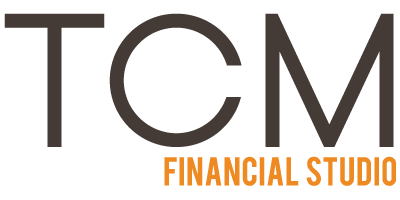Re: Kenna Nelson
Kenna: Connor and I were talking about life insurance and disability insurance and that has been on my mind for a while. My question is: when is the right time to buy these types of insurance?
Ideally, you would have any type of insurance in-force only one day before you make a claim. Unfortunately, that is just not how life works. Purchasing insurance should become clear after the financial planning process is complete and should also be based solely on your needs. You are going to have your very own “amount” based on your situation. Try to avoid generic advice that suggests amounts like “10 times your income is your needed.”
In your question you asked about disability and life insurance. Disability insurance replaces a portion of your income if you are unable to work due to an illness or injury. The benefit can help pay your bills and allow you to continue to save for your financial goals while recovering. Life insurance pays out a tax-free benefit to a named beneficiary in the event that you die.
People in your (our!) age demographic want to buy life insurance to help pay off outstanding debts, replace lost income to the household and/or pay for funeral costs. Many employers have some sort of insurance benefits for their employees; however, we rarely come across clients that have looked into their disability and life insurance coverage through work. We recommend starting by gaining an understanding of any coverage that is available through your employer and then explore if individual coverage is needed to supplement these programs.
Kenna: I am also always curious about when is the best time to start an RRSP… I get differing answers about this.
We would argue that an RRSP is going to make sense as soon as you start paying income tax. Contributing to an RRSP means that less money is going to the government and more can stay in your pocket. These remaining funds can then go towards debt, a TFSA, travel fund, etc. It is beneficial to contribute to your RRSP if it’s expected that your current personal tax rate will be higher than what it is projected to be in subsequent years such as during retirement or a parental leave. This is because investments held within RRSP accounts enable you to defer tax in higher income earning years to lower earning years. A financial planner can run a projection to forecast the future tax rates for your situation to see if an RRSP is a good decision.
Thank you for participating Kenna!


